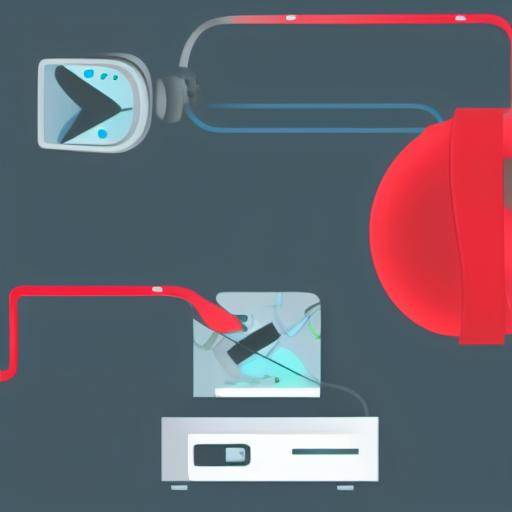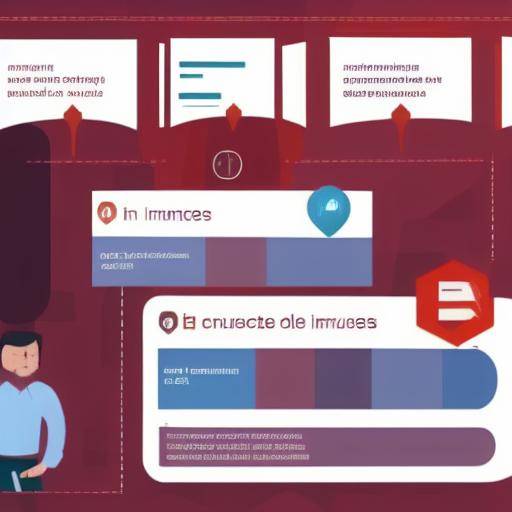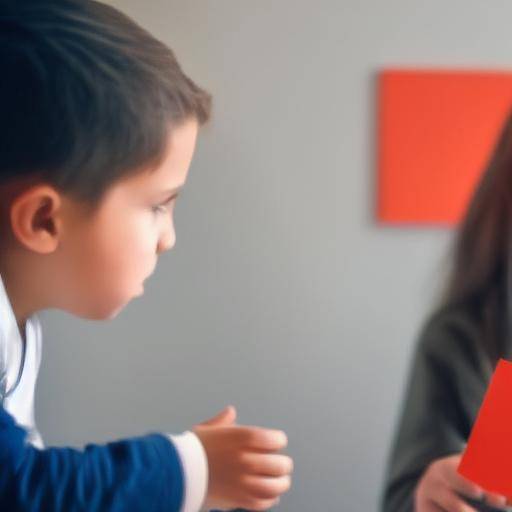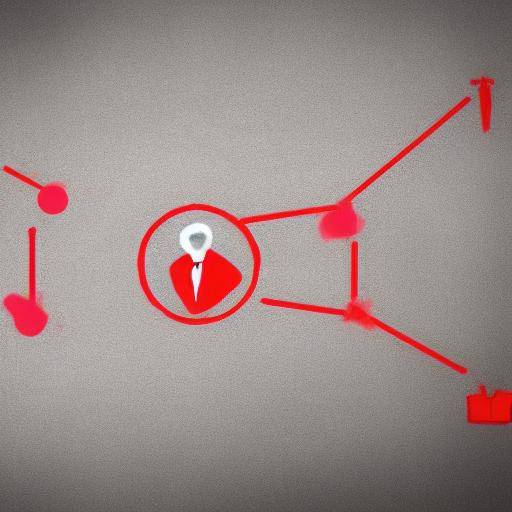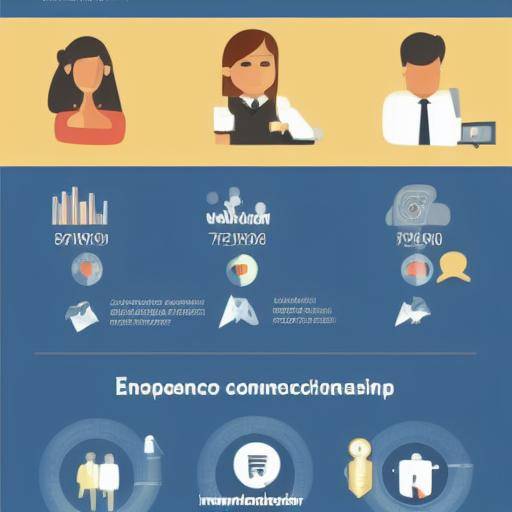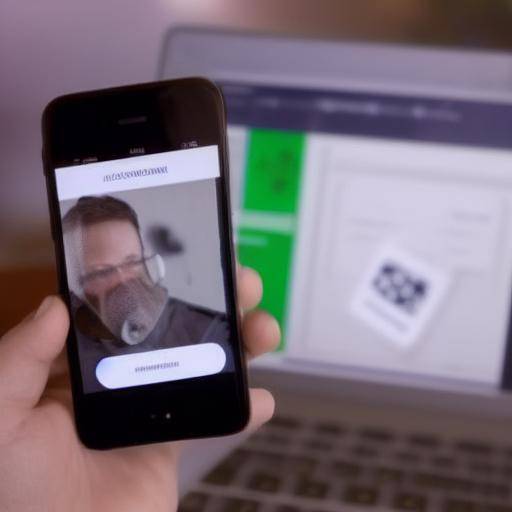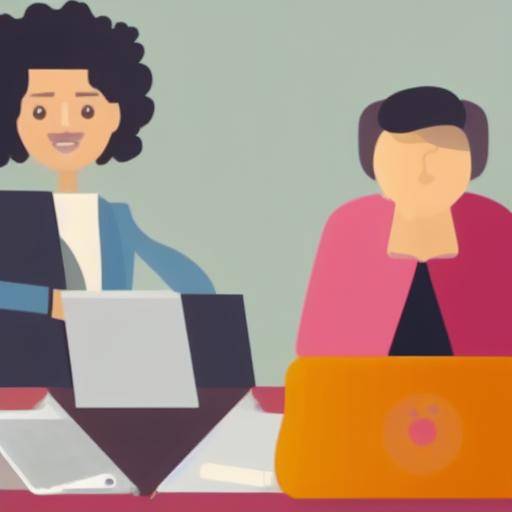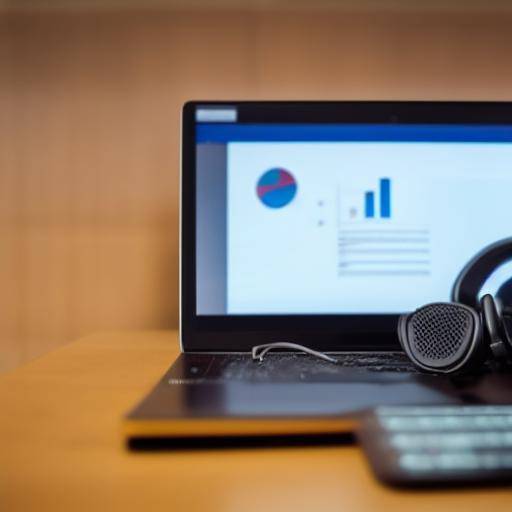
Effective communication is essential in all aspects of life, whether in the personal or professional sphere. A fundamental part of effective communication is the ability to listen actively. In this article, we will explore in depth what active listening is, why it is important, and how we can improve this ability to improve our interpersonal relationships and communicate more effectively.
Introduction
Active listening is much more than just hearing what the other person is saying. It is about paying conscious attention, demonstrating genuine interest and fully understanding the message that the other person is trying to convey. By using active listening, we can strengthen our relationships, avoid misunderstandings and conflicts, and foster an environment of trust and mutual respect.
In this article, we will explore in detail what active listening is, its benefits and challenges, strategies to improve this skill, and its relevance in our communication skills and interpersonal relationships. We will also present case studies, practical advice, and expert opinions to provide a holistic perspective on this crucial issue.
History and Background
To understand the importance of active listening in effective communication, it is useful to explore its origins and evolution over time. Active listening has been recognized as an essential skill in the field of psychology and interpersonal communication. From its inception to its relevance today, it has experienced several important milestones that have contributed to its understanding and application in various disciplines.
In the 1950s, with the emergence of humanistic psychology, authors like Carl Rogers stressed the importance of active listening in the therapeutic context. This approach has spread to other fields, including counseling, coaching, and organizational communication. With the advent of the digital era, active listening has also acquired relevance in the field of social networks and online communication. These backgrounds show the profound influence of active listening in various fields and its continuing evolution in modern society.
Analysis in Deep
Active listening offers a wide range of benefits at both personal and professional levels. By practicing active listening, we can strengthen our empathy, improve our troubleshooting skills, and foster an environment of trust and support. However, we also face challenges in trying to listen actively, such as distracting ourselves with internal thoughts, prejudices, or lack of full consciousness.
A study conducted by Harvard University indicates that active listening can increase the level of satisfaction in interpersonal relationships by up to 25%. In addition, 60 per cent of interpersonal conflicts are significantly reduced when active listening is used, demonstrating its importance in conflict resolution. These findings highlight the relevance of active listening in our communication skills and their impact on our interpersonal relationships.
Comprehensive review
Successful implementation of active listening requires concrete strategies and a deep understanding of their applications in various contexts. Effective communication skills, such as open questioning or paraphrased repetition, are critical to improving active listening. Moreover, it is essential to take into account non-verbal language, such as visual contact and body posture, to demonstrate commitment and understanding.
It is important to note that active listening can vary in its application according to cultural and social environments, which highlights the need to adapt our active listening skills to different contexts. This variability invites us to consider cultural differences and to keep an open mind when applying active listening in a diverse range of situations, from professional to family.
Comparative analysis
When comparing active listening to communication skills and interpersonal relationships, there are significant similarities and differences. While active listening focuses on receiving and understanding the message, communication skills encompass a wider range of capabilities, such as clear expression, empathy, and adaptation to the target audience. On the other hand, interpersonal relationships encompass the set of interactions and links between individuals, where active listening plays a crucial role in establishing and maintaining healthy relationships.
Practical Tips and Accessible Tips
To improve active listening, it is essential to develop certain strategies and habits. Establishing sustained visual contact, avoiding interruptions, and practicing empathy are crucial steps to become an active and effective listener. In addition, using paraphraseum to confirm the understanding of the message and demonstrate a genuine interest through non-verbal language will help strengthen active listening.
- Establish an enabling environment: Finding a quiet and free environment of distractions can favor active listening.
- Practice full attention: Improving the concentration and consciousness of the present moment will amplify the ability to listen actively.
- Promote empathy: Developing empathy towards the speaker strengthens the bond and mutual understanding.
Industry Perspectives and Expert Reviews
To better understand the importance of active listening, it is crucial to explore the views of experts in psychology, communication, and personal development. According to Dr. Miguel Ruiz, author of "The Four Agreements", active listening is an essential component in establishing harmonious relationships and fostering authenticity in human interactions. Likewise, Dr. Brené Brown, an expert in vulnerability and authentic relationships, highlights active listening as a key element in building trust and genuine connection with others.
Cases of Study and Applications in Real Life
Case studies offer a practical view of active listening in action. One notable case is that of the company Zappos, recognized for its customer-centric approach and its exceptional service culture. Through the emphasis on active listening and understanding of the needs of customers, Zappos has managed to establish lasting relationships and loyalty of the clientele. These cases illustrate how active listening can have a significant impact on customer satisfaction and organizational success.
Future Trends and Predictions
As society evolves and technology transforms our interactions, active listening will continue to play a crucial role in interpersonal communication. Greater emphasis is expected on the implementation of active listening in virtual environments and the adaptation of strategies to address the complexities of online communication. In addition, it is expected that emotional intelligence, including the ability to listen actively, will be increasingly valued in the labour and personal sphere, serving as a differential skill in an increasingly connected world.
Conclusion
Active listening is a fundamental pillar of effective communication and healthy interpersonal relationships. By practicing active listening, we can strengthen our links with others, understand their needs and perspectives, and foster an environment of trust and mutual respect. Successful implementation of active listening requires practice, commitment, and a deep understanding of your applications in various contexts. By improving our ability to listen actively, we can reap countless benefits in all aspects of our lives.
FAQs
What is active listening and why is it important in communication?
Active listening is a process in which the receiver consciously pays attention to the message transmitted by the transmitter, demonstrating genuine interest and comprehension. It is important in communication as it allows a deeper understanding of the message, strengthens interpersonal relationships, and fosters an environment of trust and mutual respect.
How can I improve my ability to listen actively?
To improve active listening, it is essential to practice full attention, establish sustained visual contact, avoid interruptions, and demonstrate empathy towards the speaker. In addition, the use of paraphraseum to confirm the understanding of message and non-verbal language are key strategies for improving active listening.
What is the impact of active listening in the workplace?
In the working environment, active listening is fundamental to effective communication, conflict resolution, leadership, and employee satisfaction. Active listening fosters confidence, improves productivity, and strengthens labour relations, which contributes to organizational success.
How can I apply active listening in online communication?
In online communication, it is important to demonstrate attention and understanding through written language, such as reflective and empatic responses. In addition, the use of videoconferencing and attention to non-verbal signals can enrich active listening in the virtual field.
How active listening contributes to the development of effective communication skills?
Active listening is an essential component in the development of effective communication skills, as it allows us to fully understand the needs and perspectives of the interlocutor, promoting clear, empatic and meaningful communication.
What role does active listening play in conflict resolution?
Active listening plays a key role in conflict resolution by enabling a deep understanding of the underlying causes and perspectives of all parties involved. This facilitates the search for collaborative solutions and the reduction of misunderstanding.
In short, active listening is an essential component for effective communication and healthy interpersonal relationships. By understanding its importance, improving our active listening skills, and applying it in various contexts, we can strengthen our relationships, avoid conflicts, and foster an environment of mutual understanding and respect.






